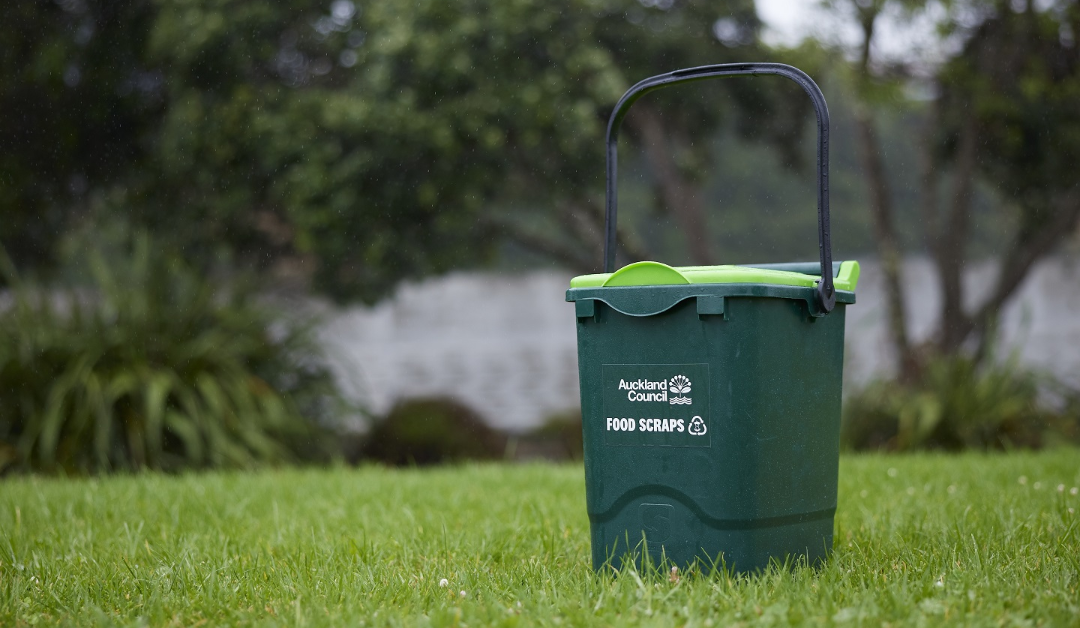Late last year, the New Zealand Government made waves by walking back its plans to mandate kerbside food scrap collections for households. Instead, it’s now up to individual councils to decide whether or not they want to offer the service.
So… what does this really mean for all of us?
Well, in plain terms—it means food scrap initiatives, which were once part of a national waste reduction strategy, are now optional at the local level. This shift has sparked concern among environmental advocates, councils, and Kiwis passionate about sustainable living.
Why the Policy Was Changed
According to the Government, the primary aim of this policy reversal was to cut costs for councils and give them more flexibility in delivering waste services. It sounds reasonable on the surface—but critics say this move could seriously undermine efforts to reduce landfill waste, especially food waste, which makes up a significant portion of what ends up in the dump.
Many believe this decision is a step backward in our journey toward smarter, more sustainable waste management.
Why Food Scrap Collection Matters
Here’s the kicker: separating out food scraps for proper composting isn’t just about reducing the stink in your bins—it’s about cutting down on harmful emissions, protecting our environment, and even saving money long-term.
Let’s take Auckland as a real-world example.
Despite the policy backtrack, Auckland Council forged ahead and fully rolled out its kerbside food scrap collection by mid-2024. And the results? Impressive.
✅ Auckland’s Impact So Far:
- Diverted 30,000+ tonnes of food scraps from landfills
- Prevented 19,600 tonnes of greenhouse gas emissions
- That’s like taking 6,000 cars off Auckland’s roads!
(Source: OurAuckland report, 2024)
Clearly, when these programs are implemented well, the environmental benefits are massive.
So… Now What?
Let’s be honest—it’s a tough spot for councils that had been preparing for this for years. Many were well underway with plans, budgets, and infrastructure, only to have to pivot suddenly and rethink it all.
And for households that expected this service to roll out soon? It’s a bit of a gut punch.
But here’s the thing: the behaviour change behind the service is still what matters most.
While not having a formal council-led collection service is frustrating, the habits we form in our kitchens and homes are what really make the difference.
What Can You Do Without the Service?
If your region won’t be getting a council-run food scrap bin anytime soon, don’t worry—you still have plenty of ways to reduce food waste and help the planet (and your wallet).
Top Tips for Reducing Food Waste at Home:
- Plan Your Meals Weekly
Avoid overbuying by planning meals and only shopping for what you’ll actually use. - Love Your Leftovers
Leftovers make the best next-day lunches. Get creative and make it part of your weekly routine. - Get Recipe-Savvy with AI Tools
Use tools like ChatGPT, SuperCook, or Pinterest to whip up meal ideas using the ingredients you already have at home. - Start a Home Compost
If you’ve got the space, composting at home is easier than ever. There are tons of beginner-friendly options, from bokashi bins to worm farms. - Freeze What You Can’t Eat
Don’t let food spoil. Freeze it instead! Bread, cooked rice, sauces, and even some dairy items freeze super well.
Why Your Choices Still Matter
Even without a mandated national policy, individual actions add up.
Remember, the Auckland results didn’t just happen because bins were provided. They happened because people chose to use them, to shift habits, and to do their part.
Every apple core or leftover slice of pizza you keep out of the landfill is a small win—and enough of those wins can make a big difference.
Final Thoughts
Yeah, it’s disappointing the food scrap collection program won’t be nationwide. But it doesn’t mean we give up. If anything, it’s a call to action for individuals and communities to step up.
So let’s keep up the momentum. Let’s compost, plan smarter meals, reduce our waste, and push our local councils to keep the conversation—and innovation—alive.
Because in the end, reducing food waste is about more than just bins on the curb. It’s about how we think, how we act, and how we care for our planet.
Till next time,
Hi-Tech Packaging
Let’s Wrap It Up (Sustainably, Of Course)
Biodegradable and compostable packaging has the potential to shrink our footprint and shift us toward a more regenerative way of living—if we use it wisely. The science is real, the benefits are clear, but there’s still work to do in infrastructure, education, and accessibility.
Ready to be part of the solution? Start by asking the right questions, reading the labels, and spreading the word.
Got questions about packaging, sustainability, or going green as a brand? Shoot us a message—We’re all ears
Till next time,
The team at Hi-Tech Packaging

